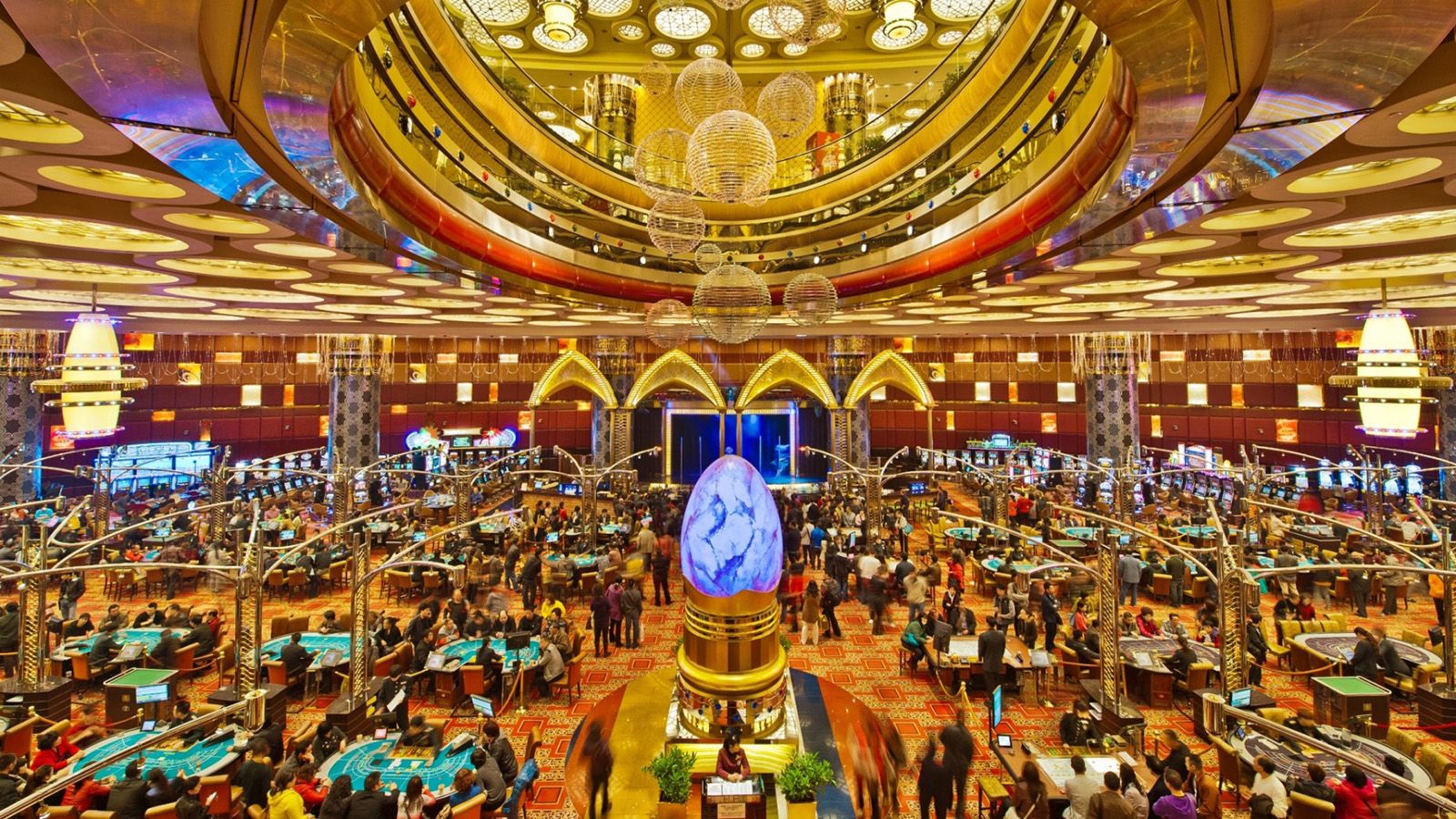
Gambling in casinos has long been a subject of interest and debate, drawing in millions of players around the world. With a mix of chance, strategy, and the thrill of risk, casino games offer an exciting escape from everyday life. However, as entertainment becomes ever more accessible, it calls for a deeper examination of the ethical implications surrounding these games.
At the heart of the discussion lies the question of whether casinos promote safe gambling or exploit vulnerable individuals. The appeal of potential winnings versus the reality of losses can create a challenging dynamic, and understanding this balance is essential for both players and operators. As we delve into the ethics of casino gaming, we will explore the duties of casinos, the impact on society, and the steps that can be taken to foster a better gaming environment.
The Impact of Casino Gaming on Society
Casino gaming has a notable influence on society, affecting not only the financial landscape but also social behaviors and community structures. The funds generated from casinos can lead to employment opportunities and boost regional economies, as they provide various employment opportunities in different sectors including food and beverage, leisure activities, and retail. best non Gamstop casinos However, while the economic advantages can be substantial, communities often struggle with the possible negative impacts that arise from increased gambling activity.
Moreover, the presence of casinos can lead to an increase in gambling addiction, presenting significant challenges for players and families. The thrill of casino games can quickly transform into a habitual habit, affecting connections with others and leading to financial instability. Many individuals may find it difficult with the loss of control over their gambling behaviors, resulting in a need for assistance programs and interventions to address this growing issue. The social cost of addiction can extend through kinships and neighborhoods, creating an urgent need for sensible gambling approaches.
In addition to the economic and social ramifications, casino gaming often showcases cultural attitudes towards uncertainty and entertainment. It can encourage a sense of joy and leisure, attracting tourists and boosting tourism. However, this allure may also mask the wider implications of gambling as a method of entertainment, raising ethical questions about its advertisement and accessibility. As communities weigh the advantages and disadvantages of casino gaming, the need for sensible approaches and oversight becomes increasingly critical in ensuring that the positive aspects are enhanced while minimizing the potential harms.
Moral Issues in Betting Practices
The ethics of casino operations often revolve around the risk for dependency and its effects on people and households. Betting can lead to serious monetary distress, impacting not only the gamblers but also their loved ones. As people become entrapped in the allure of winning, many lose track of their financial limits, which can result in catastrophic results such as insolvency. This poses moral questions about the responsibility of gambling establishments in fostering safe gaming habits and offering support for those who may be dealing with betting addiction.
Another major concern is the promotion of gambling to at-risk groups. Gambling establishments often target low-income people or neighborhoods with the offer of quick gains, which can continue cycles of poverty and despair. In this context, the ethics of marketing strategies used by gambling establishments come under scrutiny, as they may exploit the desperation of people seeking an way out from economic troubles. This exploitation raises ethical questions about the honesty of the gambling industry and its obligation to protect its most at-risk customers.
Additionally, the impact of casino operations on the community as a entirety cannot be ignored. While some argue that casinos create employment and boost local economies, others point to the community costs associated with dysfunctional betting, increased criminal rates, and a strain on public resources. Balancing economic benefits with the potential for community issues presents a challenging moral dilemma for lawmakers and casino operators alike. The challenge lies in discovering a responsible approach that takes into account the welfare of individuals and communities while still permitting for the enjoyment of gambling activities.
Regulatory Structure and Responsibilities
The legal system pertaining to casino activities is created to ensure justice, integrity, and gambler safety. Different government entities and casino commissions create and enforce regulations that dictate how casino operations function, the criteria for game development, and the protocols for processing prizes. These regulations differ by region but commonly involve licensing requirements for providers and rigorous measures to stop cheating and fraud.
In addition to governing bodies, gaming establishments bear considerable duty in upholding moral standards within their facilities. They must enforce ethical gambling practices that support participant safety and awareness, including offering self-ban options and sharing information about the dangers related to betting. Establishments are also accountable for instructing workers to spot signs of problem gaming and understand the appropriate measures to help patrons in distress.
Additionally, openness in casino operations is crucial for earning and keeping public confidence. Gaming establishments should present clear information about the chances of operations, advertising offers, and any related risks. By promoting an environment of honesty and responsibility, gambling establishments can help reduce the possible harmful impact of gaming while boosting the complete gambling experience for all gamblers.